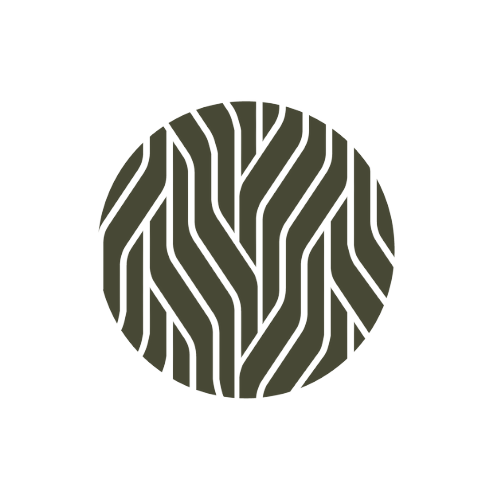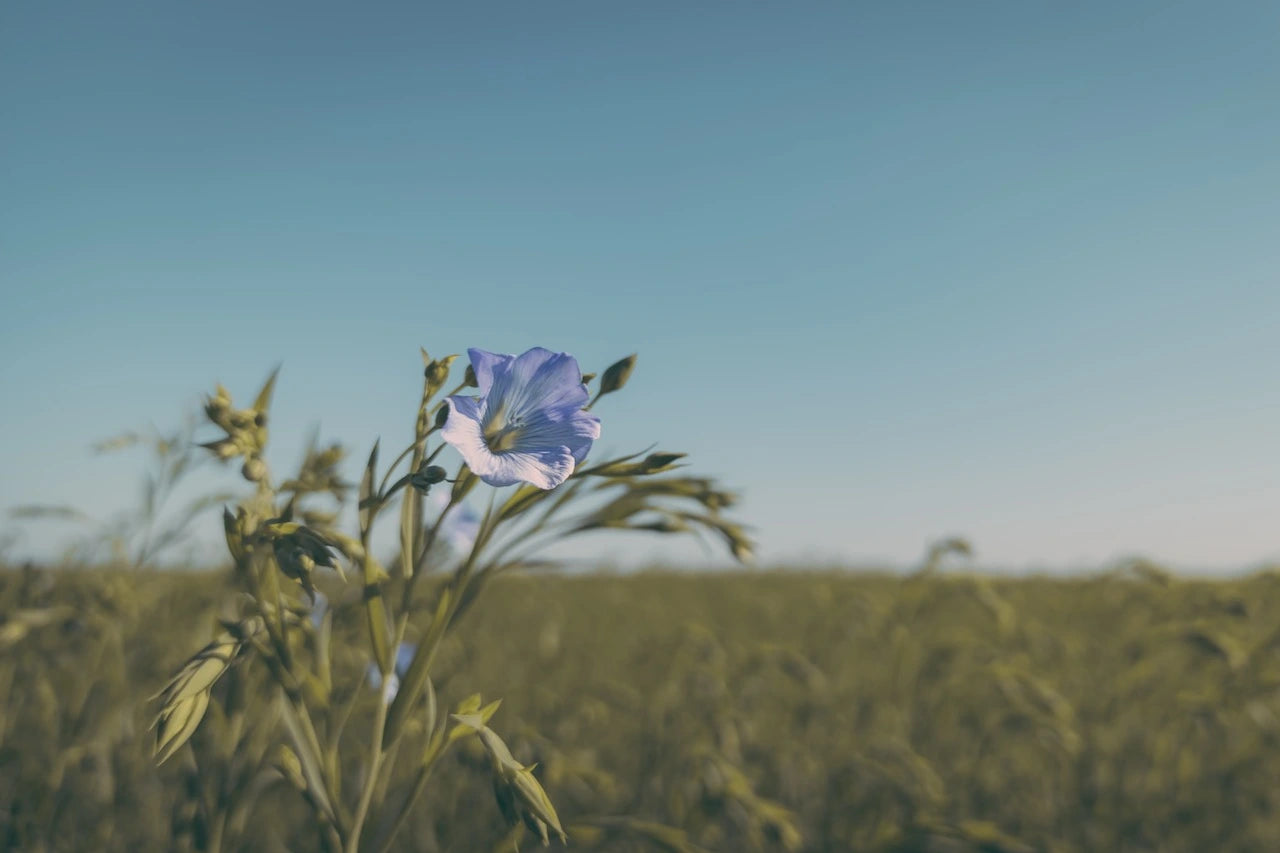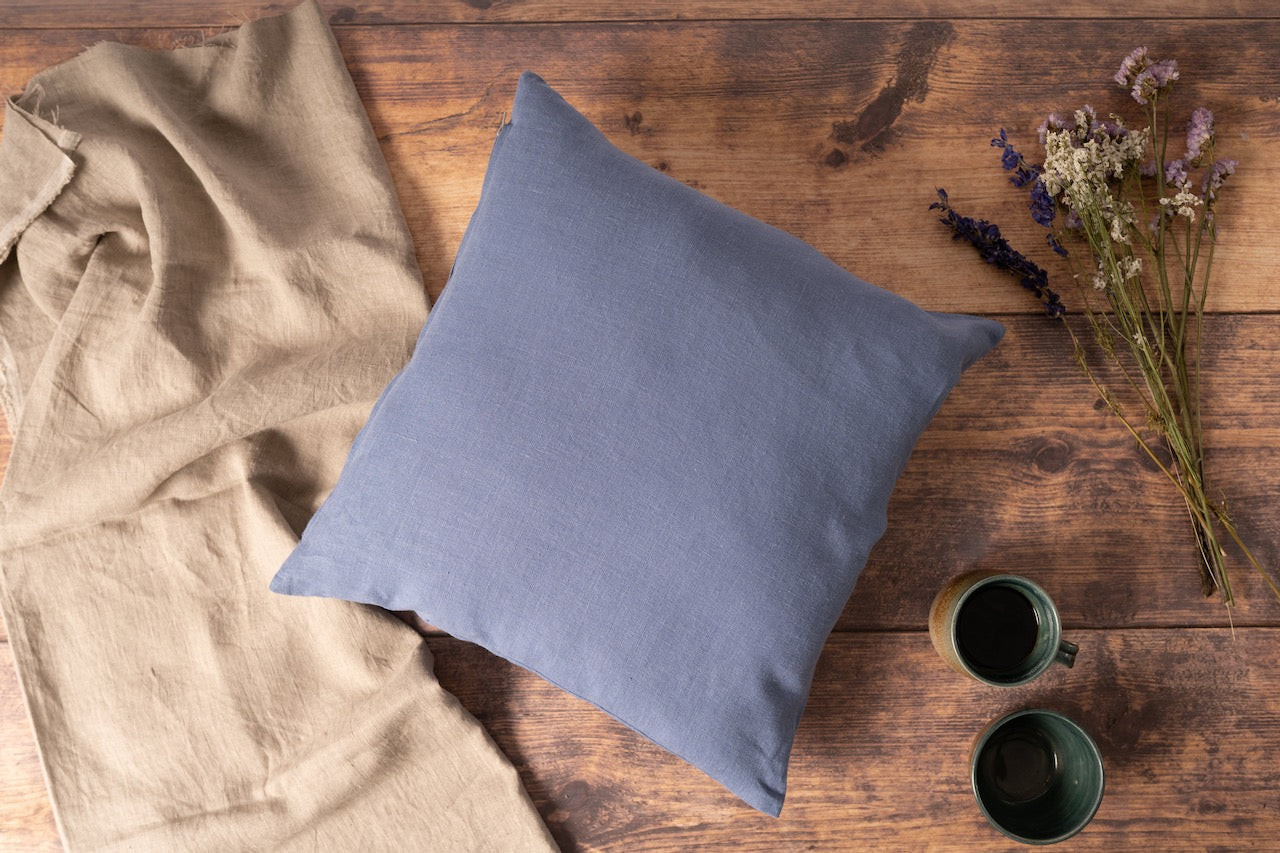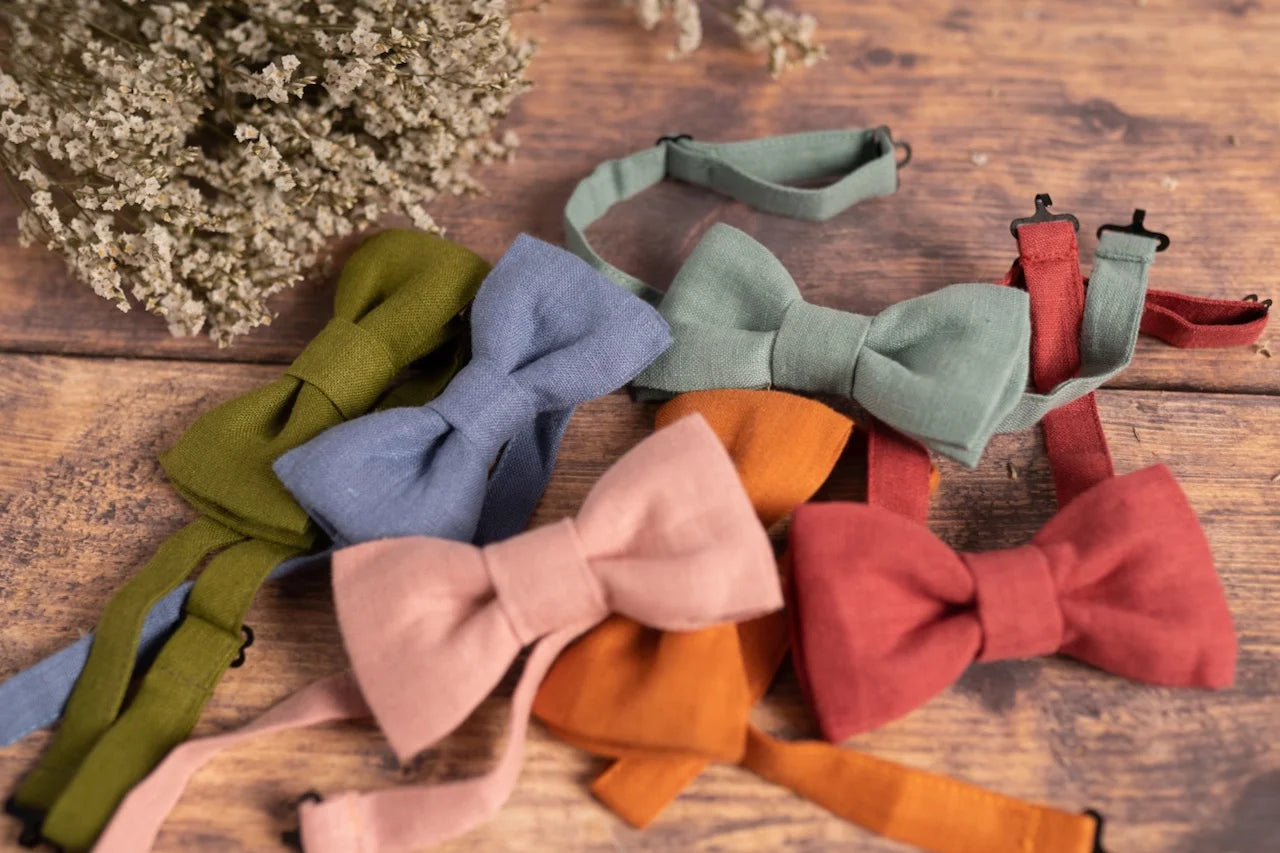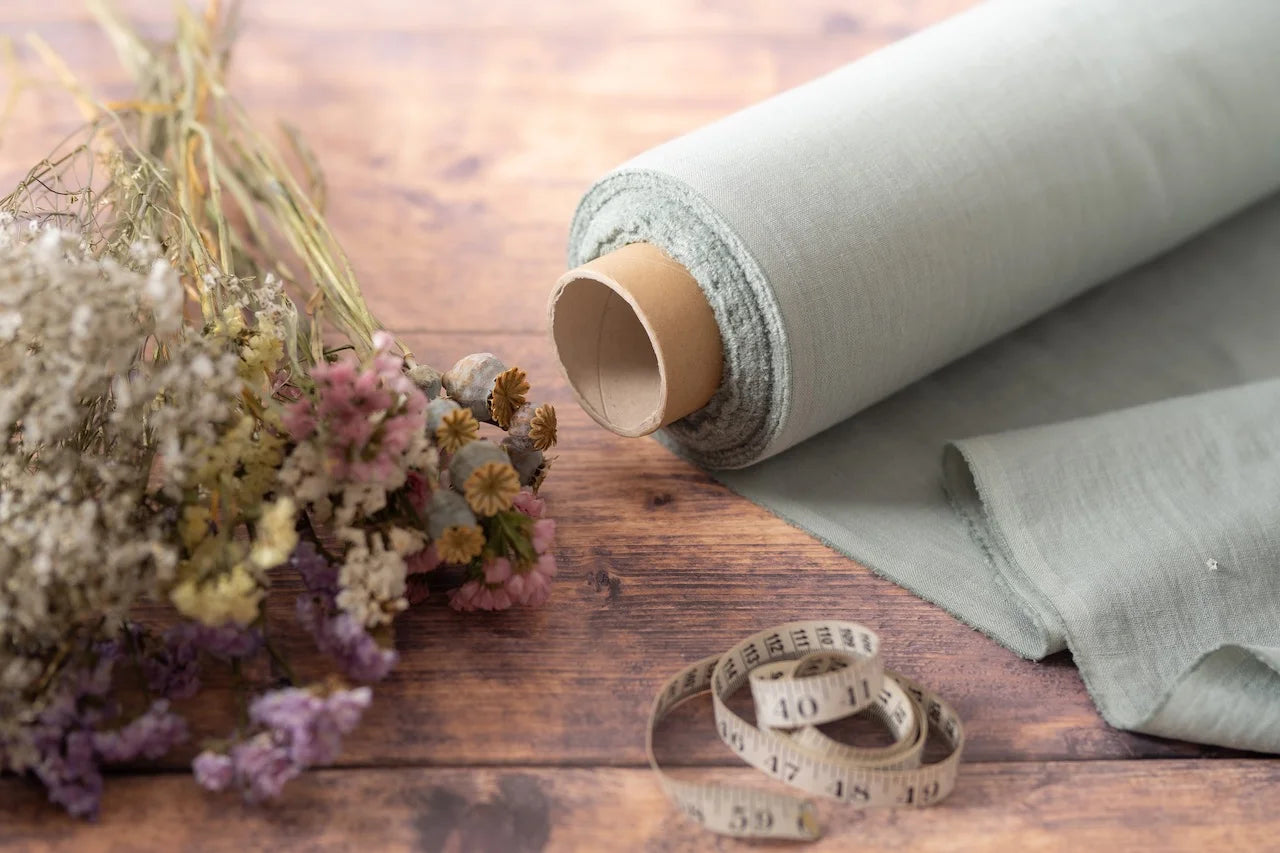The Earth-Conscious Benefits of Linen Fabric
Linen fabric has gained immense popularity in recent years due to its remarkable eco-friendly qualities. This sustainable fabric has a rich history, with Lithuania, in particular, holding deep cultural significance as a major producer of high-quality linen. In this comprehensive guide, we will delve into the earth-conscious linen fabric benefits, explore its heritage and various advantages, and offer insights into how to incorporate linen into your everyday life in an eco-conscious way.
The Heritage of Lithuanian Linen
Linen has been cultivated and woven into the fabric of Lithuanian society for centuries, making it an integral part of the country's cultural and historical identity.
Ancient Roots
Linen production in Lithuania has ancient roots, dating back thousands of years. Archaeological evidence points to flax cultivation and linen weaving as vital skills among the early Baltic tribes inhabiting the region. The durability and versatility of linen made it a fundamental part of daily life, from clothing to household items.
Cultural Symbolism
Linen holds a place of great cultural symbolism in Lithuania. It has been used for crafting traditional clothing, such as the iconic "juostos" or woven belts, and features prominently in various rituals and ceremonies. The rich tapestry of Lithuanian folklore often highlights the importance of linen in their heritage.
Craftsmanship
Lithuanian artisans have refined linen production techniques over generations, ensuring the highest quality linen products. The dedication to traditional linen craftsmanship, coupled with sustainable practices, makes Lithuanian linen an exemplary choice for eco-conscious consumers worldwide.
